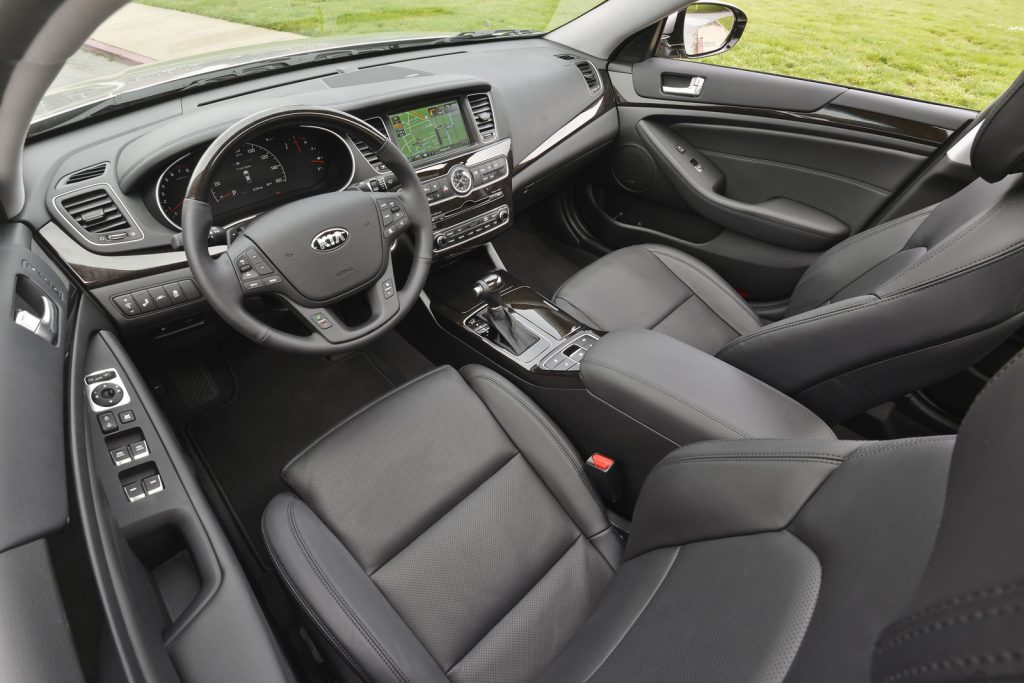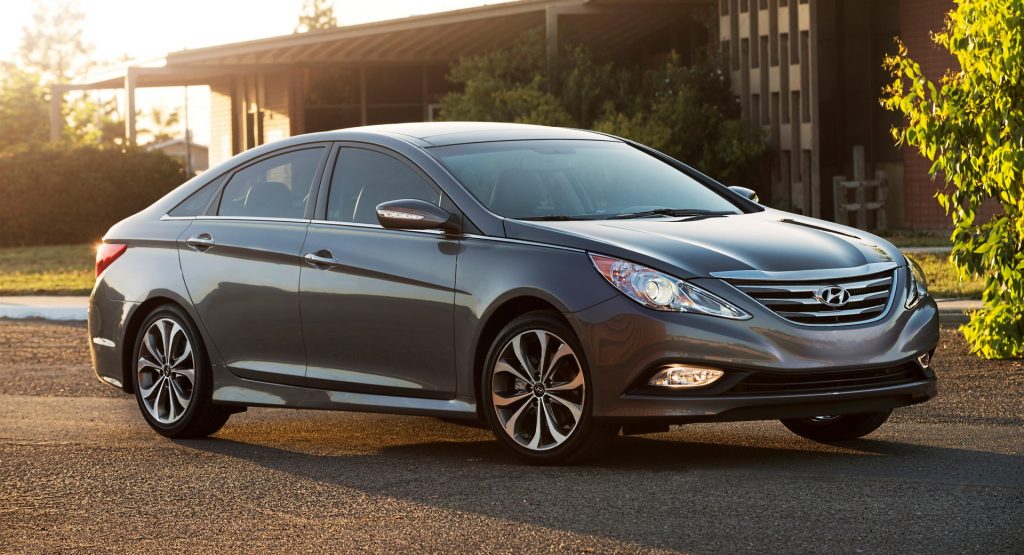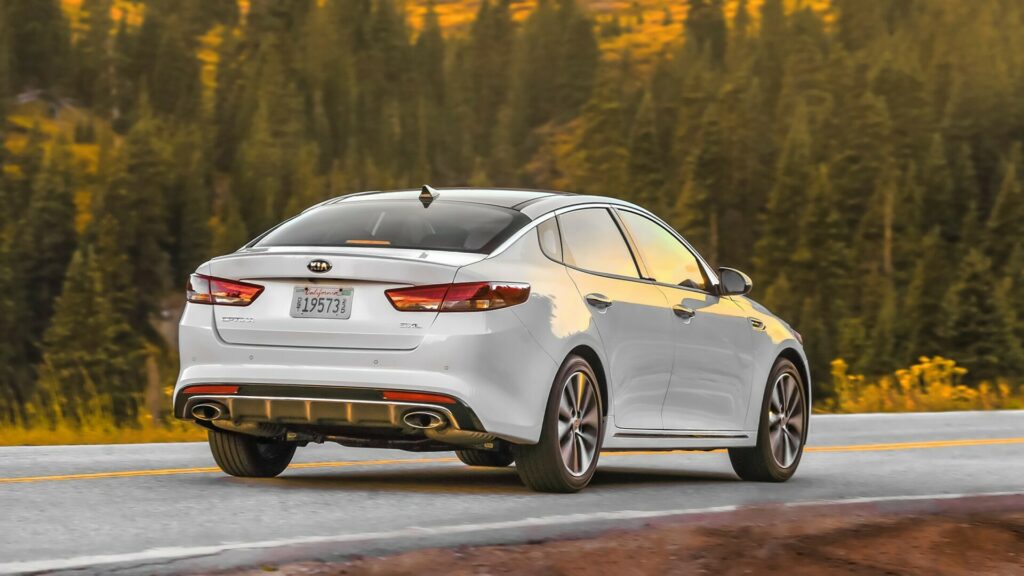Almost half of the states in the union have an attorney general that is calling on Kia and Hyundai to do more in an effort to prevent vehicle theft. A letter sent to the automakers includes the signatures of no less than 23 AGs accusing the automakers of doing too little too slowly. It’s only the latest blow to the Korean companies in light of viral videos on TikTok and other social media channels, often using the hashtag “Kia Boys”, exposing a security weakness.
That weakness is found in Kia and Hyundai models that require a key to start and that were built from 2011 through 2021. The vehicles in question don’t have an immobilizer system and when social media posts and TikTok challenges showed how easily someone could steal them, thefts spiked. According to the letter sent to Kia and Hyundai, that spike continues to be a problem.
“In the first three weeks of January 2023, Kias and Hyundais made up 44% of all car thefts in Washington, D.C. (176 thefts out of a total of 393), which was a sharp rise compared to July 2022, when Kias and Hyundais only accounted for 9% of thefts,” it says. The potential risk for theft isn’t the only issue either.
More: Hyundai’s Answer To Car TikTok Craze Is Free Anti-Theft Software For 1M+ Vehicles

As we told you recently, some major insurance carriers are rejecting new policies on cars affected by this security weakness. For its part, the automakers have tried to mitigate the situation by providing club steering wheel locks and in recent weeks released a software update for some of the affected vehicles that makes stealing them more difficult. Still, these efforts are too little and too late according to the AGs.
“Hyundai and Kia made a decision to forgo a standard safety feature that would help protect owners’ investments, and now their customers are paying the price,” said California AG Rob Bonta to The Hill. “It’s time for Hyundai and Kia to take responsibility for their poor decision which is hurting American families and putting public safety at risk. They must remedy this decision, now.”
As we’ve covered this story in the past we’ve called out how a number of lawsuits surrounding this issue aim to determine whether or not these automakers are at fault when a third party breaks the law.
Imagine if Porsche, Tesla, or Dodge were sued for creating cars that could easily break the speed limit. That sort of criticism would fall flat because it’s the driver, not the car, that is responsible for obeying traffic laws. Only time will tell if the same principle applies here.





